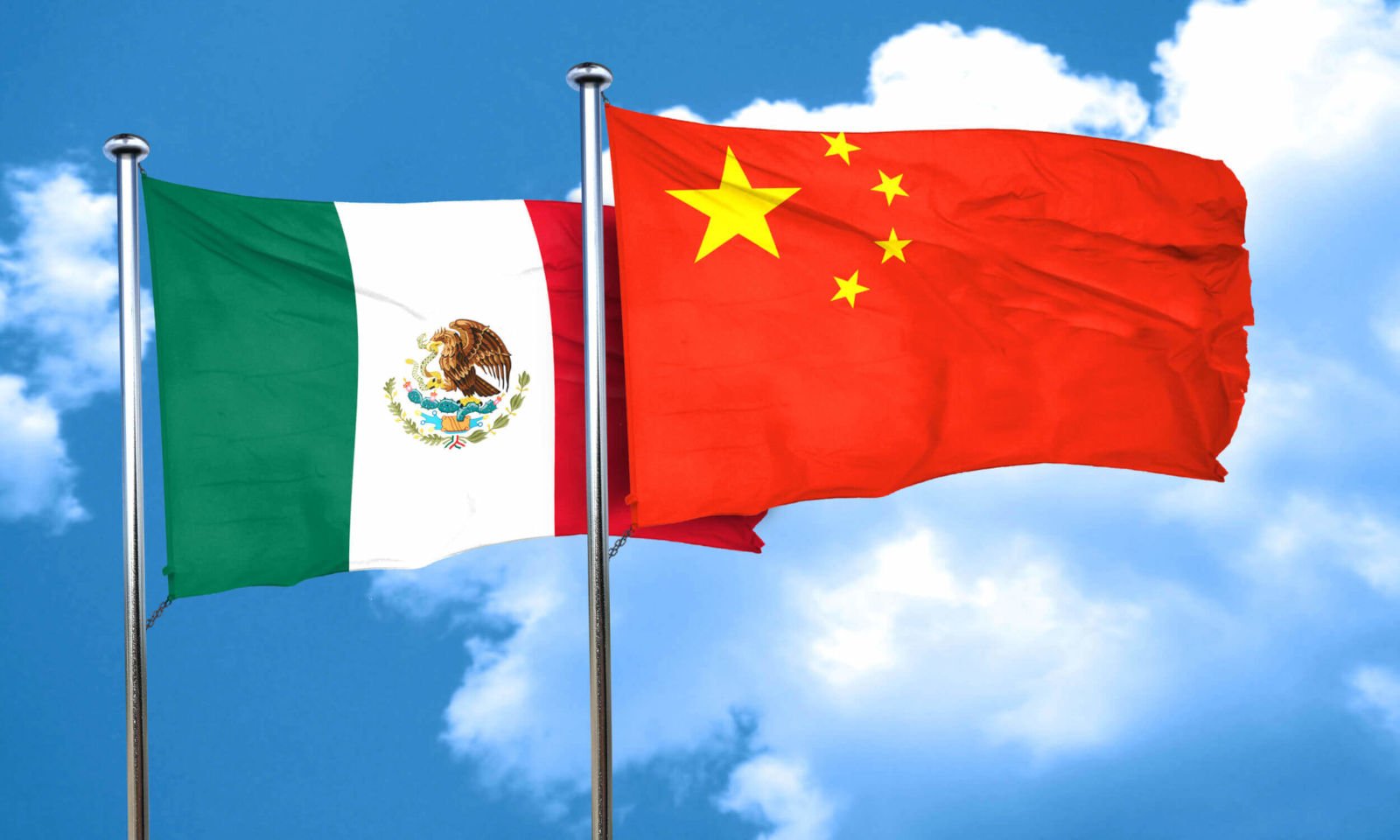Some 20 years ago, it was unimaginable that a company that had its production in Asia would consider bringing its manufacturing to Mexico; the natural evolution of the market has brought about a significant paradigm shift, and companies that now manufacture their products in the East, such as China, are considering the benefits of relocating production to Mexico. More and more companies are considering relocating their factories to countries closer to their base of operations. In the industrial sector, this practice is known as nearshoring and Mexico, sharing a border with the United States, is one of the countries that is making the most of its benefits.

Definition of Nearshoring
Nearshoring is the outsourcing strategy whereby a company transfers part of its production to third parties that, despite being located in other countries, are located in nearby destinations and in a similar time zone to its base of operations.
In the short term, the ongoing trade conflicts between the U.S. and China are likely to lead to higher commodity prices due to the levying of tariffs on Chinese imports into the U.S. Interestingly, a stronger dollar actually mitigates this price increase for the U.S. consumer.
In the medium term, Mexico is becoming a strategic and interesting point for companies that manufacture in China and want to avoid high tariffs when selling their products to the U.S. market. In addition to saving on import tariffs, foreign companies that are locating production in the United States now see Mexico as an alternative to China due to a number of advantages such as:
Lower transportation cost
The most obvious benefit of implementing nearshoring by moving production from China to Mexico is the savings in transportation costs for sale in the U.S. market. While some products may have lower production costs in China, these savings are offset by the cost of transporting goods around the world and managing the supply chain. These costs are currently high and are expected to increase further in the future. In addition, transporting goods from China only makes economic sense if they are transported in a fully loaded container. The ability to transport goods in a partially full container at a reasonable cost is another advantage of moving production from China to Mexico.
More affordable labor in Mexico
The average cost of manufacturing labor in Mexico today is more affordable than in China. Research conducted by The Boston Consulting Group for the Mexican government revealed that companies in Mexico have an average salary of US$372 per month, while in China the average salary is US$379. On the other hand, in Mexico the working week is 46 hours per week, 19.6% more than in China and up to 38% more than in Germany.
Shorter supply chain
If the goal is for the product to be sold in the U.S. market, Mexico has a major geographic advantage: the location of production facilities close to consumers. Manufacturing in Mexico will provide a shorter supply chain. If production is located in China, it is unlikely to respond quickly to a rush order. If production facilities are located in Mexico, then goods can be delivered to the United States in 1-2 days by ground transportation.
Protection of intellectual property
Under the new T-MEC (United States – Mexico – Canada Agreement), foreign companies in Mexico enjoy the same intellectual property protection as the United States and Canada. This is a significant advantage for manufacturers interested in protecting their patents and their own technologies against theft.
Increased qualification of the labor force
In recent decades, Mexico has accumulated impressive experience in the production of high-tech products, for example, the production of automotive components. As a result, there is a skilled labor force with work experience. More than 100,000 engineers graduate from the country’s universities every year.
Free trade agreements around the world
A favorable business environment is another advantage Mexico has over China. So far, Mexico has signed 12 free trade agreements covering 55 countries, including the recent Trans-Pacific Partnership. Products made in Mexico are eligible for duty-free import not only to the U.S. and Canada but also to most of the world’s developed countries.
These are some of the advantages for which several companies have opted to start the process of bringing their manufacturing to our country since Mexico is an attractive country for investors. In the near future, it is expected to continue to have more benefits of bringing its production to Mexico. In VYNMSA we have solutions in industrial real estate, with more than 36 industrial locations in Mexico, we want to be your partner in industrial real estate, request more information, and discover how we can support you in VYNMSA so that your company can have its manufacturing in Mexico.